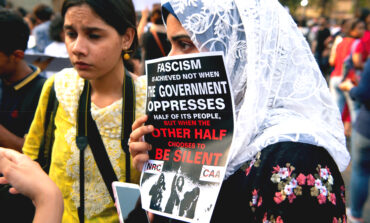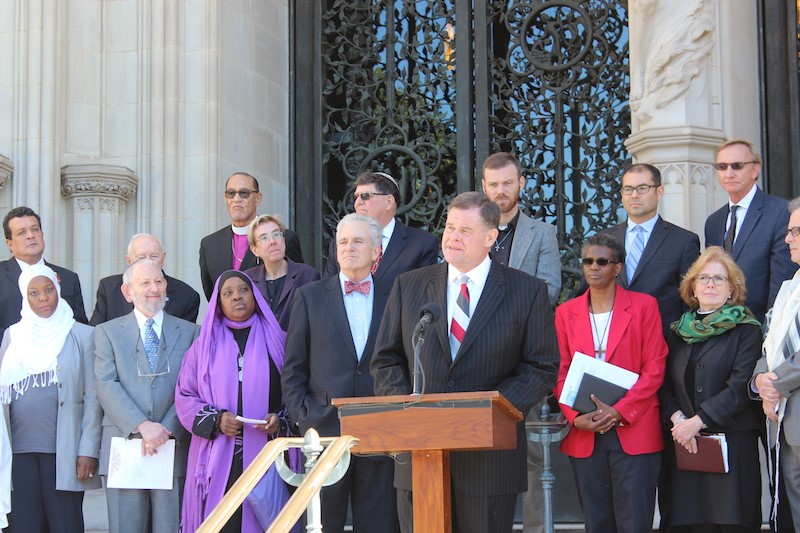Two Steps Forward, Three Steps Back
By Sumayyah Meehan MMNS Middle East Correspondent
 The pages of history reveal the anguish, sweat and tears that women throughout the ages have suffered in winning suffrage rights from often male-dominated societies. Hard-fought, and eventually won, battles have been waged from the sunny coastlines of California all the way to the villages of France and back again. And, despite our extremely advanced technological age that has morphed the depths of our world into the palms of our hands, many women across the globe are still fighting for their rights.
The pages of history reveal the anguish, sweat and tears that women throughout the ages have suffered in winning suffrage rights from often male-dominated societies. Hard-fought, and eventually won, battles have been waged from the sunny coastlines of California all the way to the villages of France and back again. And, despite our extremely advanced technological age that has morphed the depths of our world into the palms of our hands, many women across the globe are still fighting for their rights.
One such country, where women have seen great progress in the area of women’s suffrage rights, is the tiny gulf State of Kuwait. Kuwaiti women won the right to vote and participate in parliamentary elections way back in 2005. However, it would take another 4 years for Kuwaiti women to circumvent political roadblocks intentionally put in their path and assert their right to participate in the inner workings of government. In 2009, Kuwaiti women cheered from their balconies and congregated in the streets to congratulate one another over no less than four Kuwaiti women being voted into the Kuwaiti parliament.
However, since that one sweet victory, women’s suffrage in Kuwait has come to a screeching halt. This past Monday, Kuwaiti women seized the opportunity of International Women’s Day to lodge a public complaint. The primary area of contention is the fact that Kuwaiti women are not allowed to become judges. And most are prevented from being promoted to higher positions in the government. Quite notably only 17 Kuwaiti women hold high-ranking government posts as opposed to 252 positions held by their male counterparts.
At a special symposium held to commemorate International Women’s Day in Kuwait, Kuwaiti women showed up in force to demand answers in an all too public forum. Kuwaiti women, ranging from lawyers to housewives, stood up to allow their voices to be heard. Gender discrimination was on the tip of all of the women’s tongues as the Kuwaiti government was branded too conservative and resistant to change. One speaker, a lawyer named Salwa al-Ajmi, told the symposium, “I have been working as a lawyer for the past 32 years but still I cannot become a judge. It is shameful that the government has accepted and signed international treaties banning discrimination against women and still bars females from becoming judges.â€
The symposium also highlighted other areas where Kuwaiti females face gender discrimination and lack basic human rights which should be an embarrassment to a country that, at least on paper, purports to uphold the rights of women within its borders. For example, Kuwaiti women who choose to marry a non-Kuwaiti are legally barred from giving their children or even their husband the Kuwaiti nationality, which comes with countless financial perks and benefits from the government. Contrastingly, Kuwaiti males enjoy full nationality rights regardless of whom they marry. As a result, Kuwaiti women cannot receive a free home from the government or monthly social welfare payments for their children that, once again, Kuwaiti males benefit from.
All hope is not lost as a female member of parliament, MP Rula Dashti, used the symposium as an opportunity to announce her plans to draft a new gender equality bill that she will present at the next session of the Kuwaiti Parliament. The timing could not be riper for Kuwaiti women to make headway with at least some of the rights they are after, as the Kuwaiti government is trying to amp up its global reputation as a beacon of human rights appreciation.
12-11













2010
824 views
views
0
comments